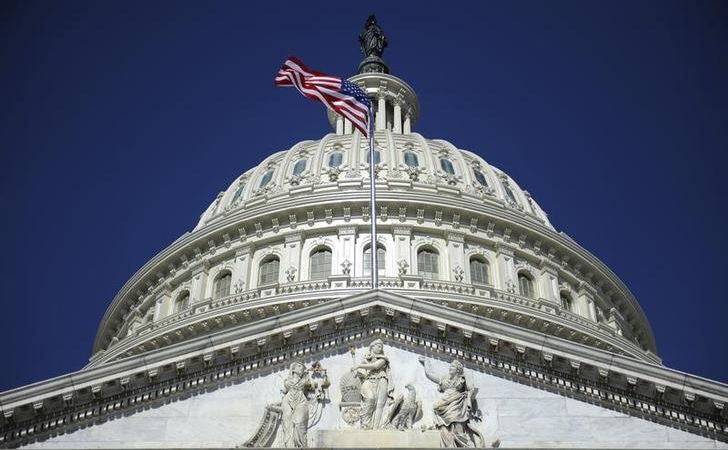On December 11, 2018, the International Tax Institute (ITI) presented “Inbound Investment: The Impact of the TCJA to Foreign-Owned U.S. Companies.” Panelists included Craig Hillier, Ernst & Young LLP; Paul Stasiulis, WPP Group; and Eric Wang, Sullivan & Cromwell LLP. The panel discussed the base erosion and anti-abuse tax (BEAT) under Section 59A and the Proposed Regulations under Section 163(j) (Prop 163(j) Regs).
Editor’s Note: a member of the BEPS Global Currents team attended the event.
BEAT
Some examples demonstrating challenges under BEAT include the following:
Example 1: U.K. headquarters (HQ) receives procurement services from a third-party vendor. The U.K. company owns U.S. HQ, which in turn, owns U.S. and non-U.S. subsidiaries. In exchange for the services from the vendor, the subsidiaries make payments to U.S. HQ, which in turn makes payments to U.K. HQ. Payments from U.S. HQ to its U.K. parent company could be considered potential base erosion payments under BEAT. Potential solutions to this include either: (1) the vendor invoices U.K. HQ for non-U.S. charges and invoices U.S. HQ for U.S. charges; or (2) the vendor invoices U.S. HQ for both U.S. and non-U.S. charges.
Example 2: U.K. HQ owns U.S. HQ, which owns U.S. and non-U.S. subsidiaries. U.S. HQ owns intellectual property (IP). U.S. HQ pays a non-U.S. subsidiary for technical development. This payment could be considered a BEAT payment. A potential solution is to move any new IP development to U.K. HQ. Therefore, U.K. HQ, instead of U.S. HQ, will make the payment to the non-U.S. subsidiary for technical development.
Prop 163(j) Regs
In general, the Prop 163(j) Regs apply to taxable years ending after the date the Treasury decision adopting the regulations as Final Regs is published in the Federal Register. Taxpayers have the option to early adopt the Prop 163(j) Regs for taxable years beginning after December 31, 2017.
The definition of interest is considerably broadened under the Prop 163(j) Regs. In addition, the Prop 163(j) Regs include an anti-avoidance rule, which treats as interest expense “… an expense or loss predominantly incurred in consideration of the time value of money in a transaction or series of integrated or related transactions in which a taxpayer secures the use of funds for a period of time.” Another anti-avoidance provision may disregard or recharacterize arrangements, which are entered into with a “principal purpose” of avoiding Section 163(j) or the Prop 163(j) Regs, including through the use of multiple entities to avoid the gross receipts test (i.e., Section 163(j) limitation does not apply to a taxpayer with average annual gross receipts of $25 million or less).
The panel addressed the Section 163(j) limitation on deductions for intercompany loans between related CFCs. To the extent that the IRS and Treasury limit deductions for business interest expense on loans between related CFCs, this could lead to a higher GILTI inclusion for the U.S. shareholder under Section 951A.
The Prop 163(j) Regs provide an election to apply an alternative method to limit the amount of business interest expense of a CFC group member subject to the Section 163(j) limitation to the amount of the CFC group member’s allocable share of the CFC group’s applicable net business interest expense. In general, a CFC group refers to two or more CFCs, if at least 80% of the stock by value of each CFC is owned by a single U.S. shareholder or, in aggregate, by related U.S. shareholders that own stock of each member proportionately.
Click here for more information on our BEPS research and technology solutions to address your immediate and ongoing needs.






